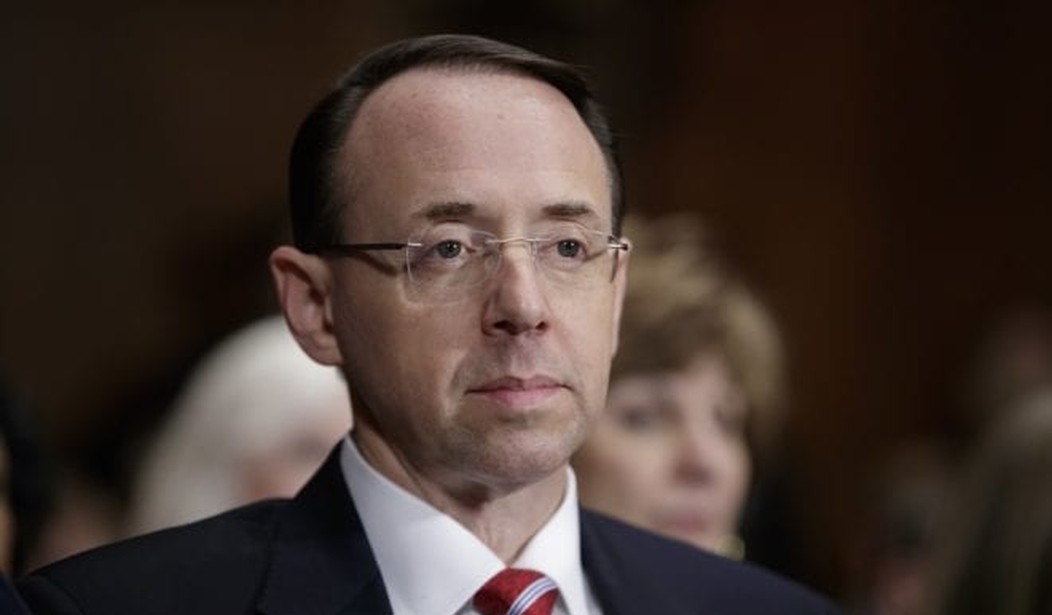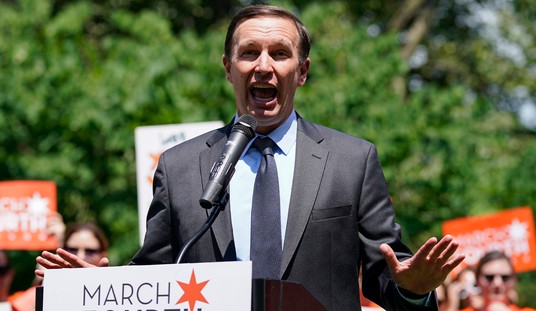While some are urging Rep. Devin Nunes to release his mystery memo, he has yet to agree to do so. He won’t even show it to many of his Republican counterparts in the Senate.
He’s definitely keeping it from the Justice Department and FBI, who are concerned with potential national security risks.
But who are we kidding? The party that once excoriated WikiLeaks for revealing sensitive, classified information on U.S. troop movements in the Middle East, now embrace WikiLeaks as more vital and patriotic than our own intelligence community.
OH – and any Republican or Trump fan who made that flip, but now want us to believe the Justice Department and FBI are the real enemies – you owe Bradley Manning and Edward Snowden apologies and a parade.
The memo, itself, is a mere 4 pages, so what it may actually contain has to be brief, at best. Nunes and staffers cobbled it together and then began pushing it’s existence in a manner meant to whip up maximum outrage among the faithful.
Now, rumors of details are beginning to slip. One such rumor involves Deputy Attorney General Rod Rosenstein.
The New York Times is reporting this morning that it was Rosenstein who approved an application to extend surveillance on Donald Trump’s foreign policy advisor, Carter Page, based in part on the dossier put together by former British intelligence officer, Christopher Steele.
The GOP memo alleges officials did not sufficiently explain their reasoning for extending the surveillance, it added.
There is no information that the FBI or DOJ did anything improper in their attempts to get a surveillance warrant, according to the Times.
This is problematic because the dossier has only partially been vetted. Some details are true. Some are not. Some… we can’t be sure.
That’s not to say Carter Page was being picked on. He’s got enough uncomfortable baggage to make him a prime target for investigation, anyway. Trips to Moscow during the election, as well as emails about Russia with other campaign aides tend to make people antsy, given their attempts to meddle in the election.
There’s also no evidence that the procedure for getting that surveillance was improper. That’s not going to stop Republicans from attacking this one, though.
White House spokesman Hogan Gidley explained President Trump’s desire for “transparency” in this process.
“Based on numerous news reports, top officials at the F.B.I. have engaged in conduct that shows bias against President Trump and bias for Hillary Clinton,” he said, according to the Times.
“While President Trump has the utmost respect and support for the rank-and-file members of the F.B.I., the anti-Trump bias at the top levels that appear to have existed is troubling.”
Except it wasn’t surveillance of Trump. It was surveillance of one of his associates with a sketchy background.
As for Deputy AG Rosenstein, he’s a likely target in all of this. Rosenstein appointed special counsel Robert Mueller, after Attorney General Jeff Sessions recused himself with anything related to the Russia probe.
Trump has allegedly mulled over replacing or firing Rosenstein, Sessions, and as most recent reports suggest, Mueller, in his desire to end the investigation.
Getting rid of either of those men, at this point, would likely cause trouble that Trump does not need.












Join the conversation as a VIP Member